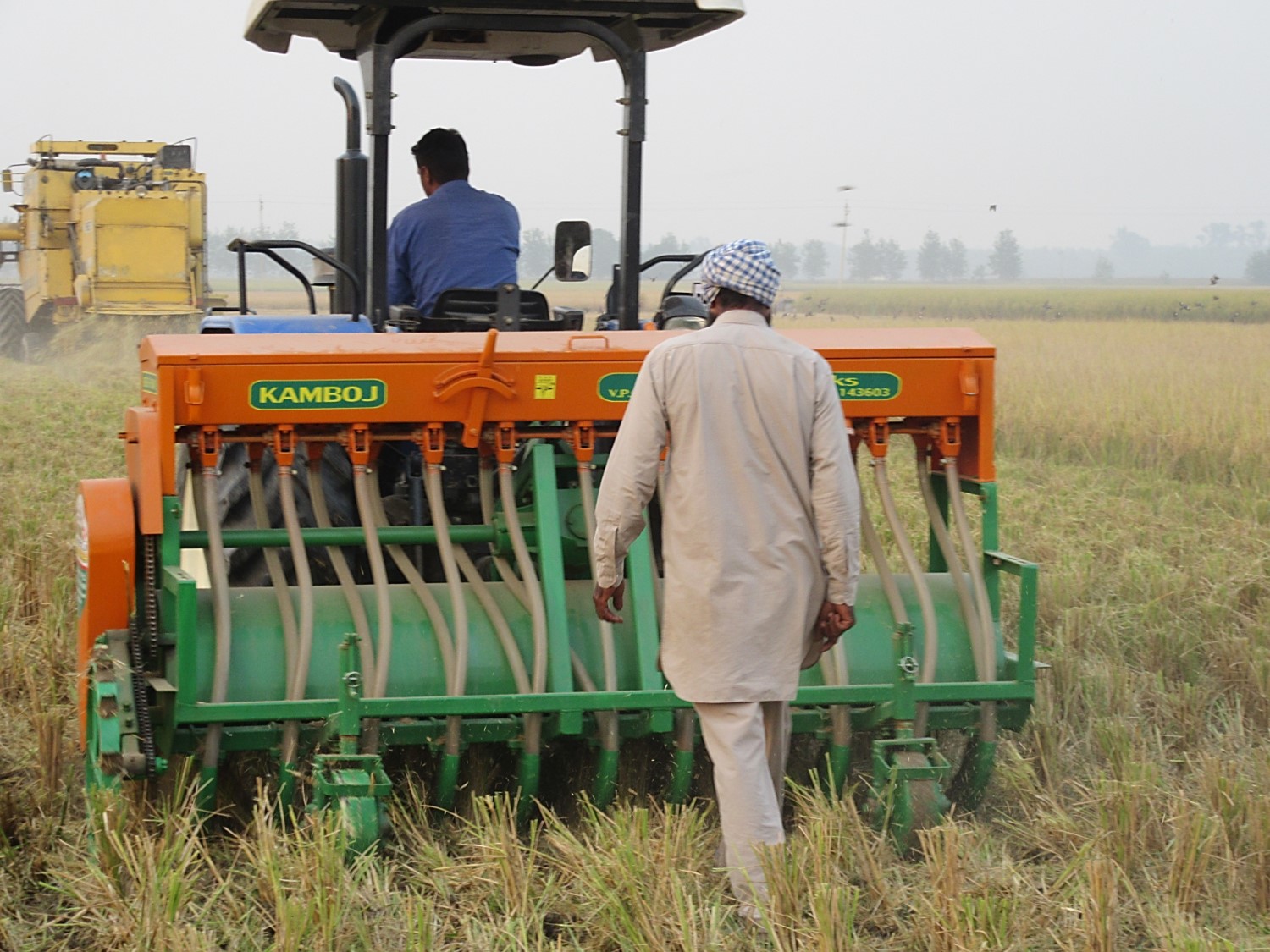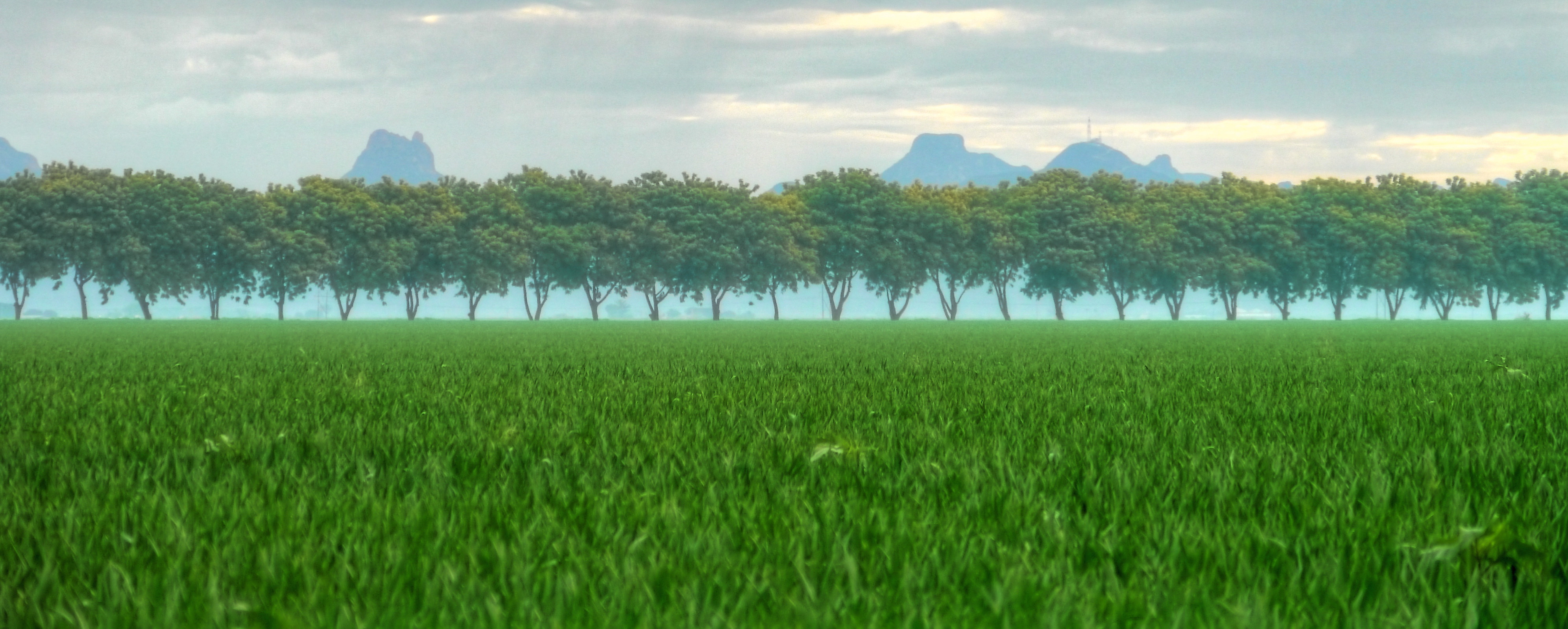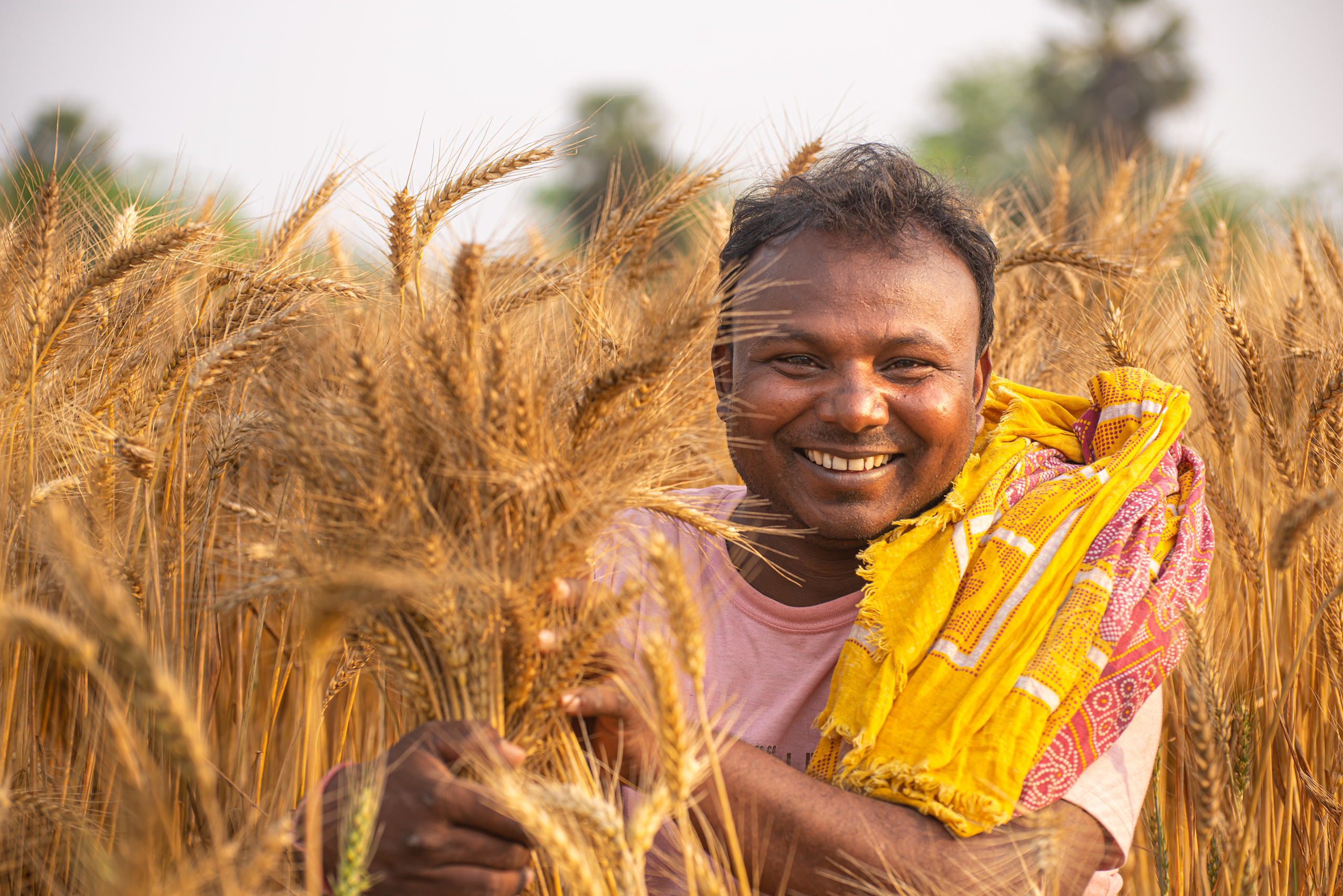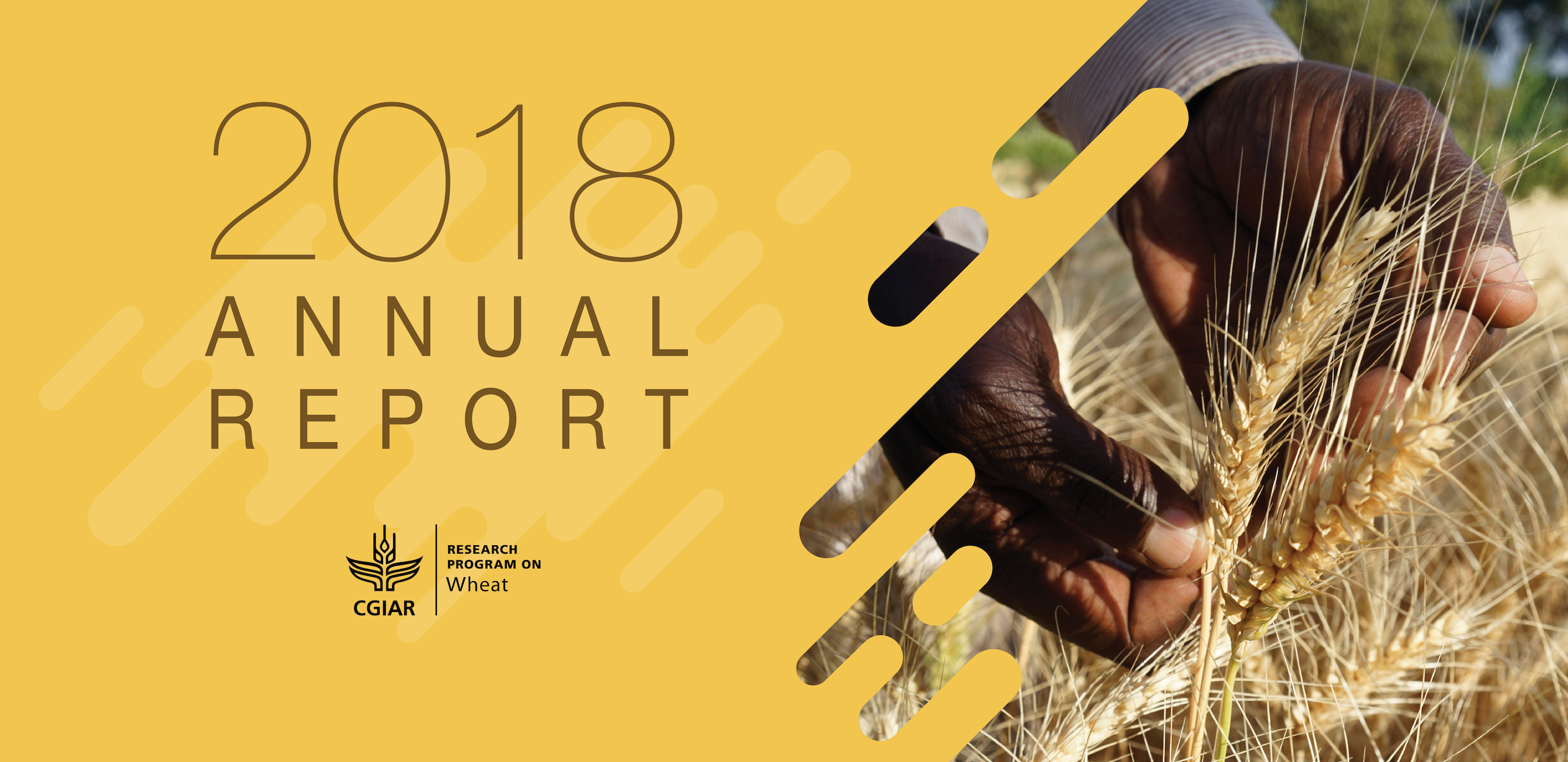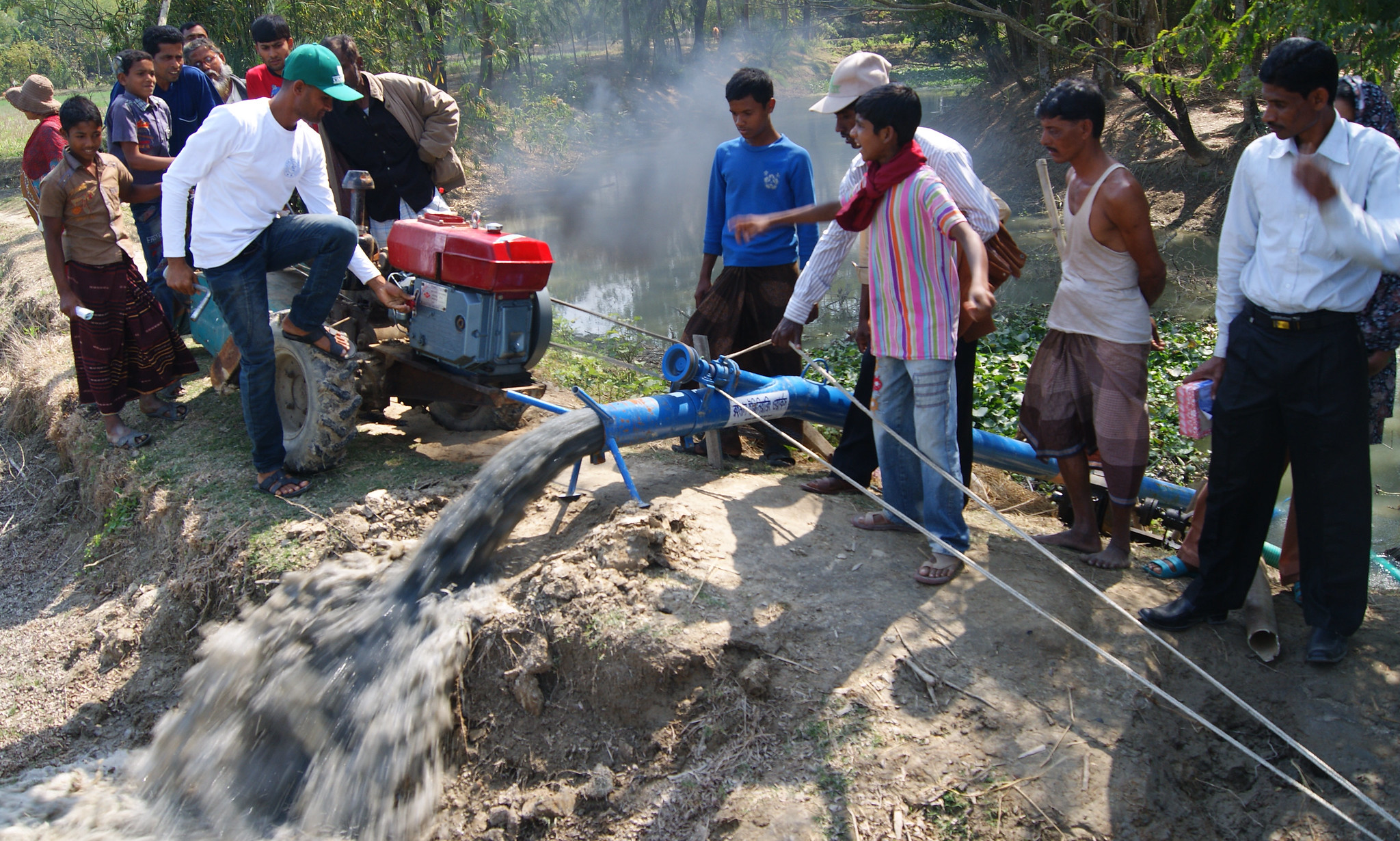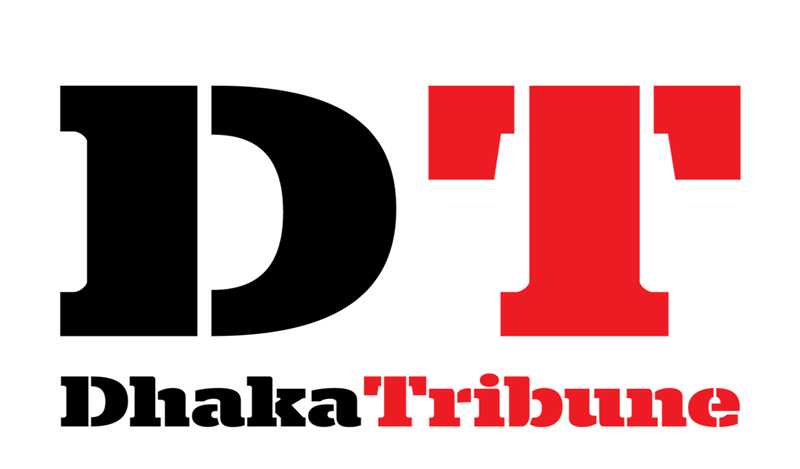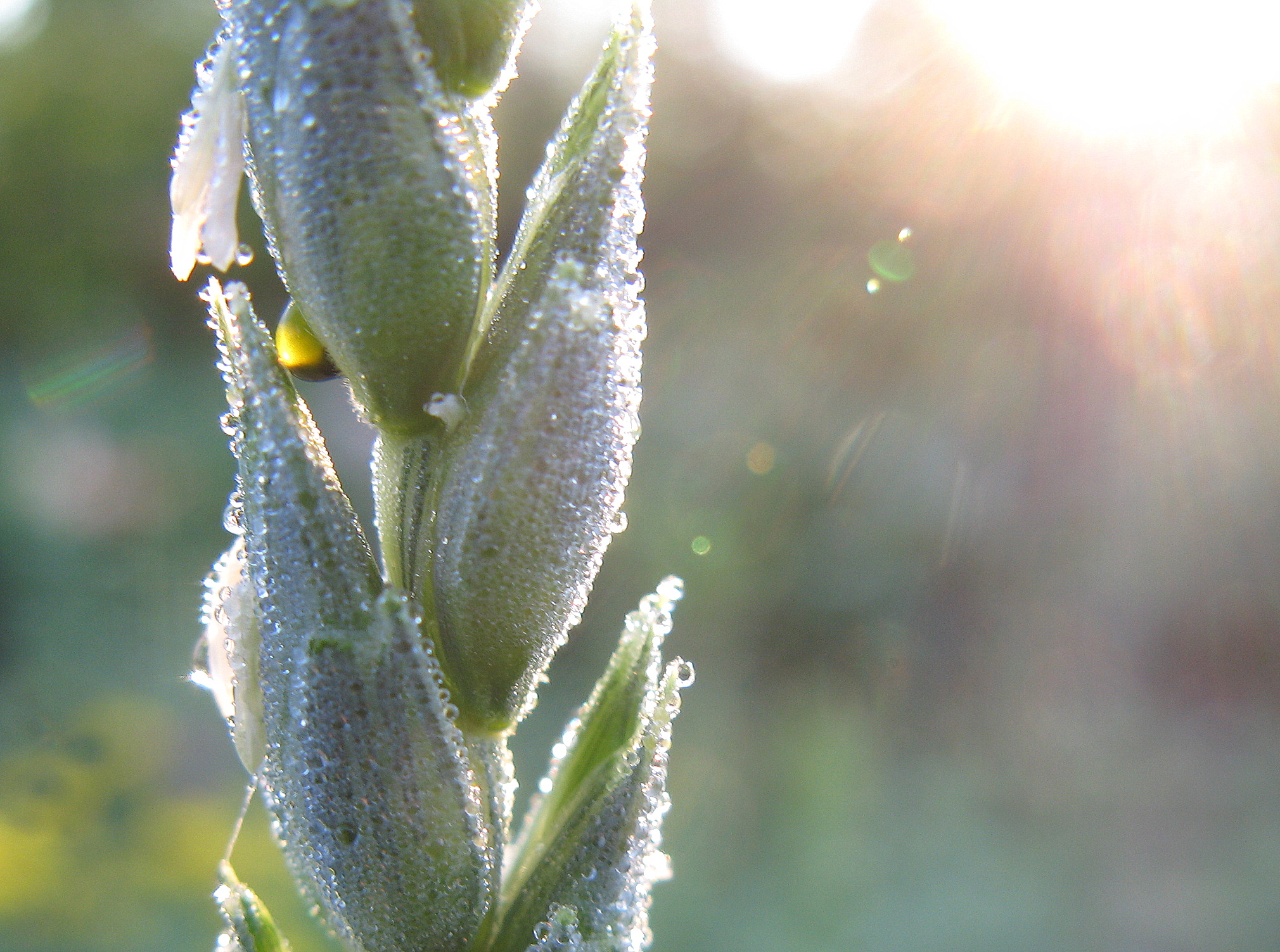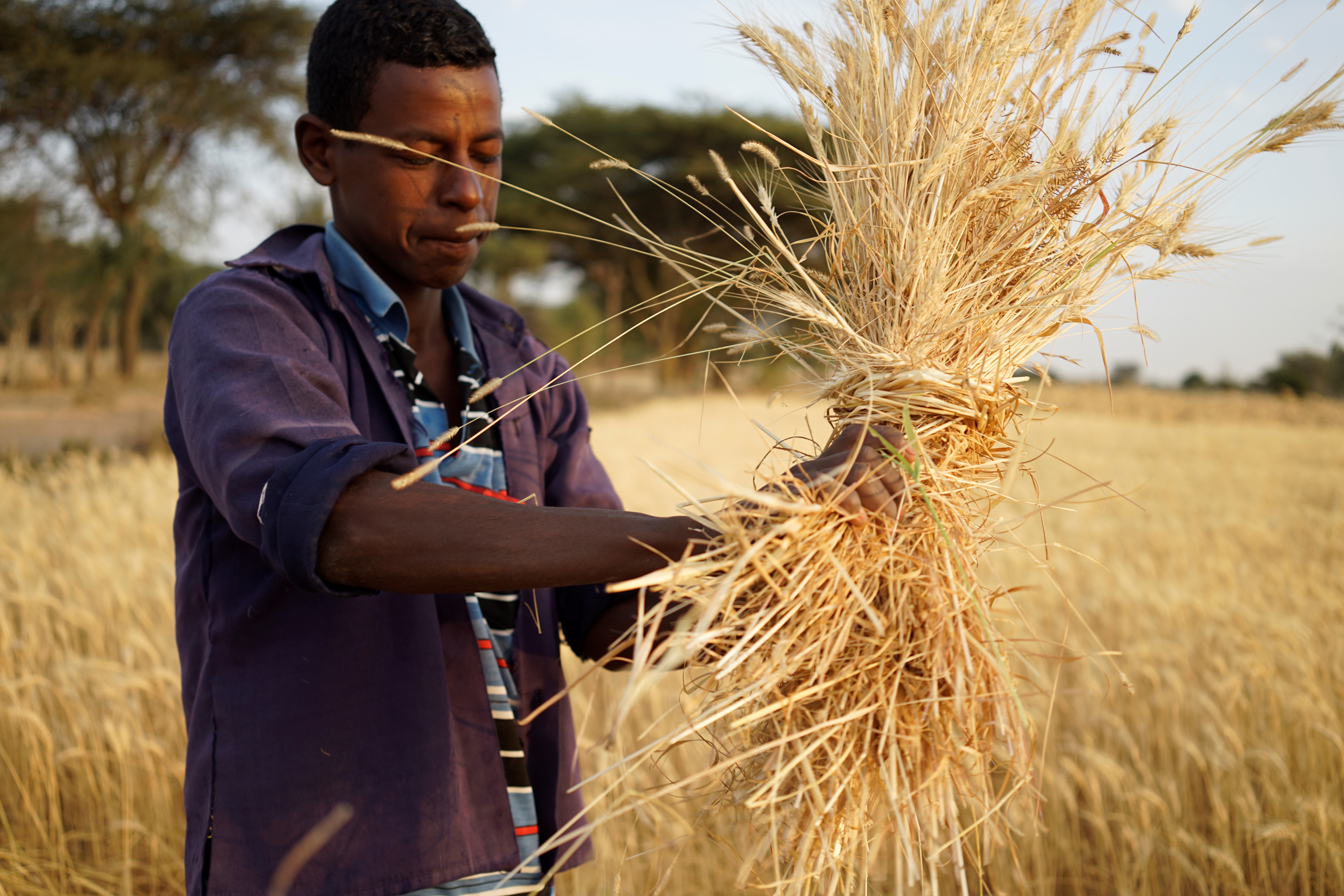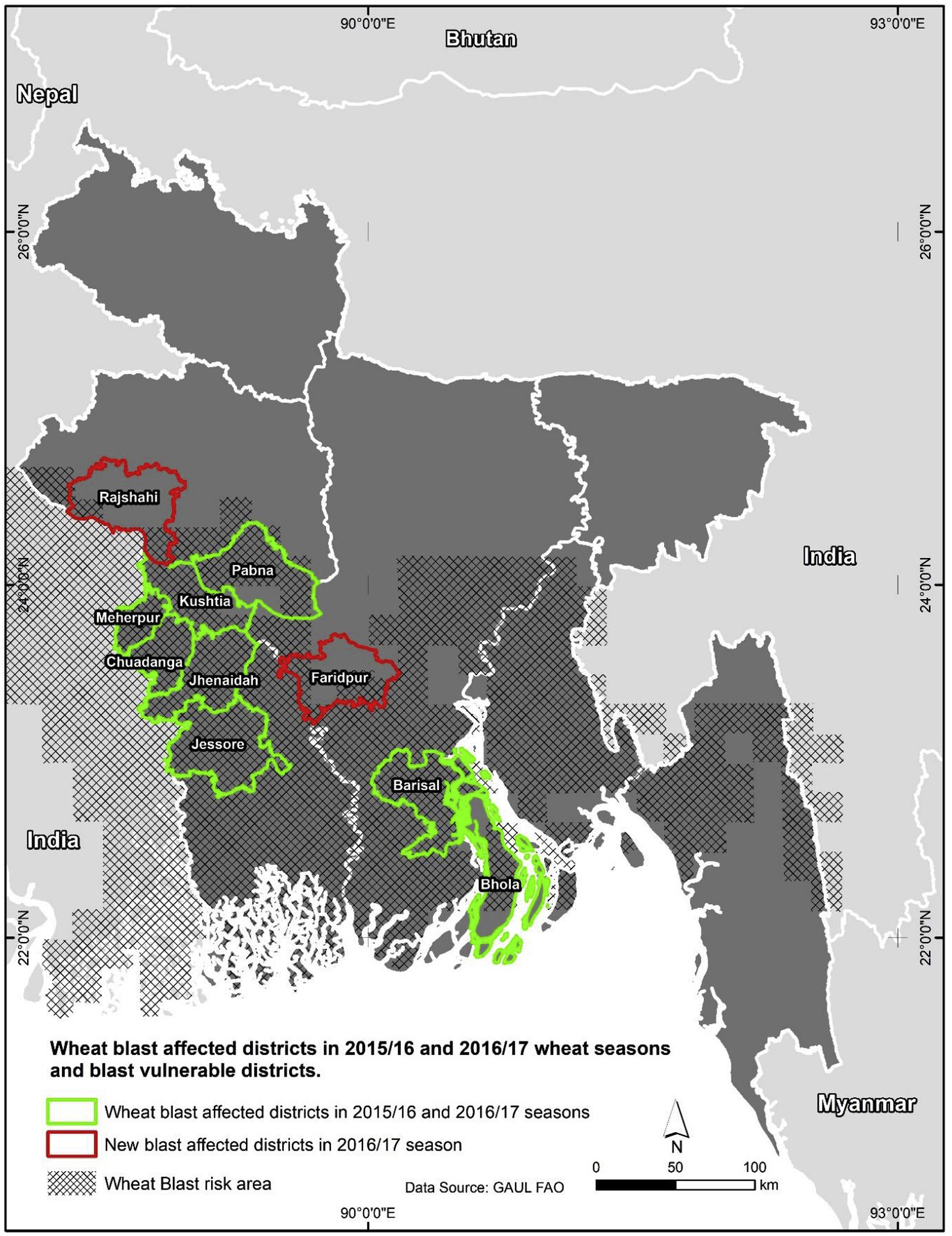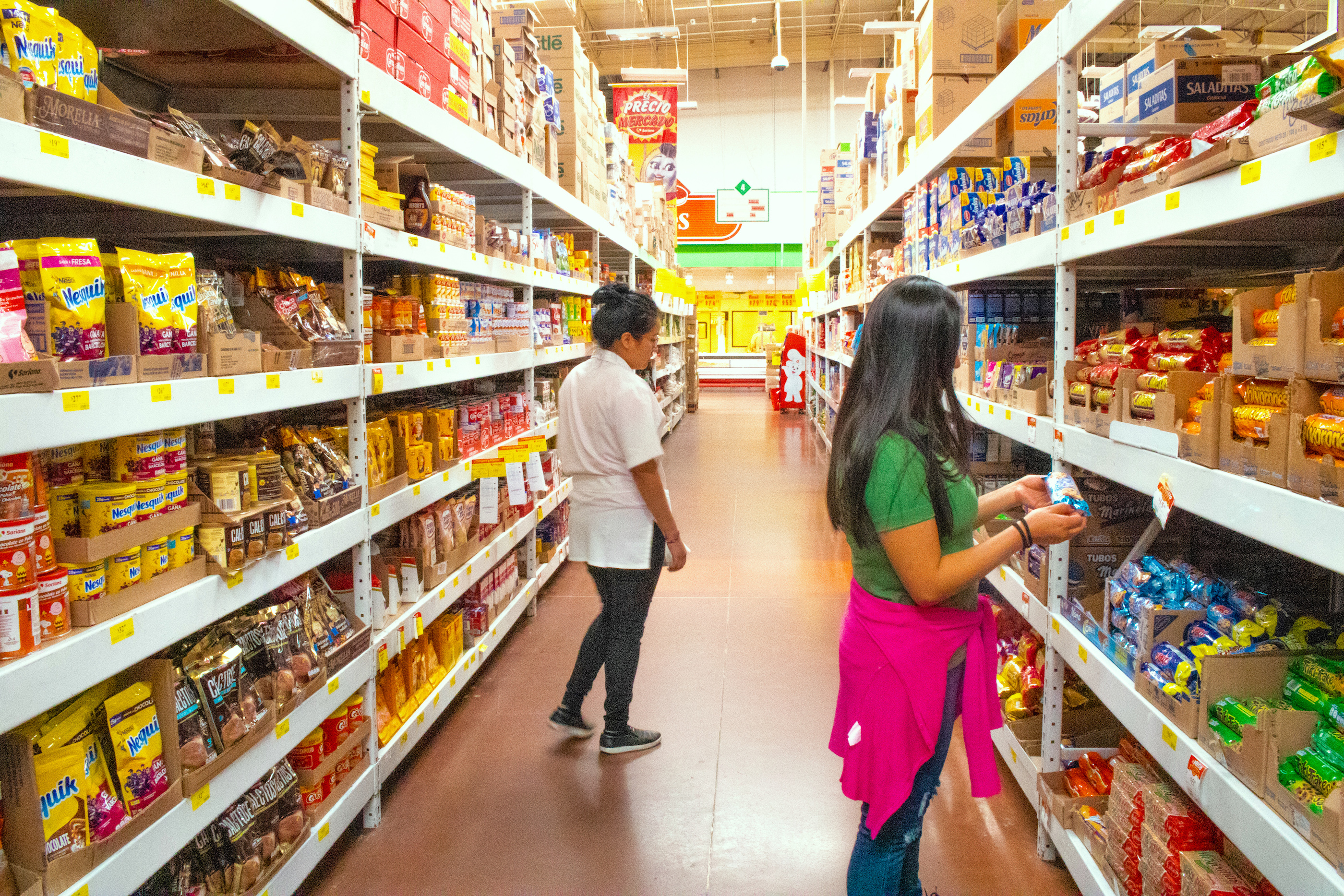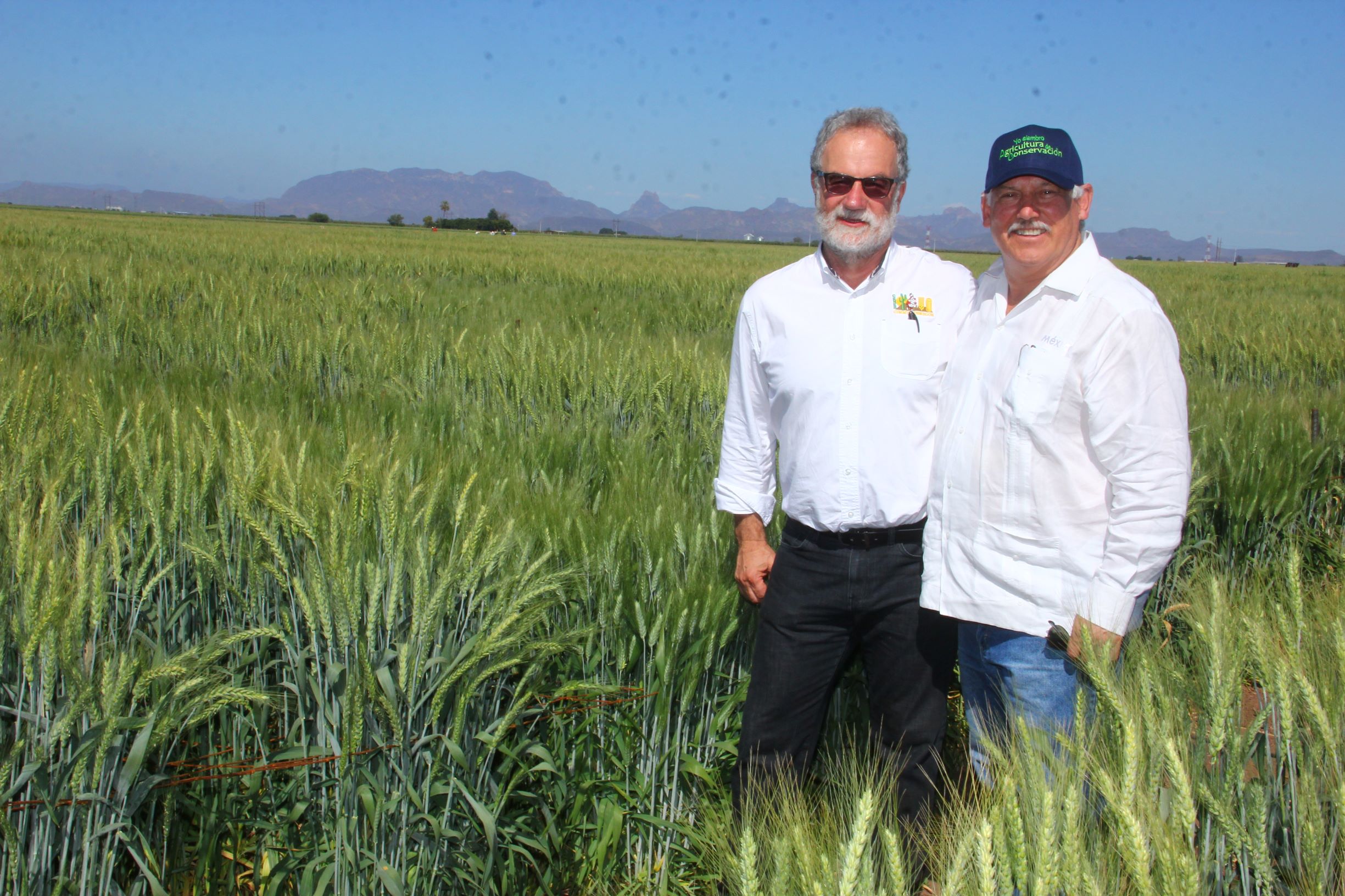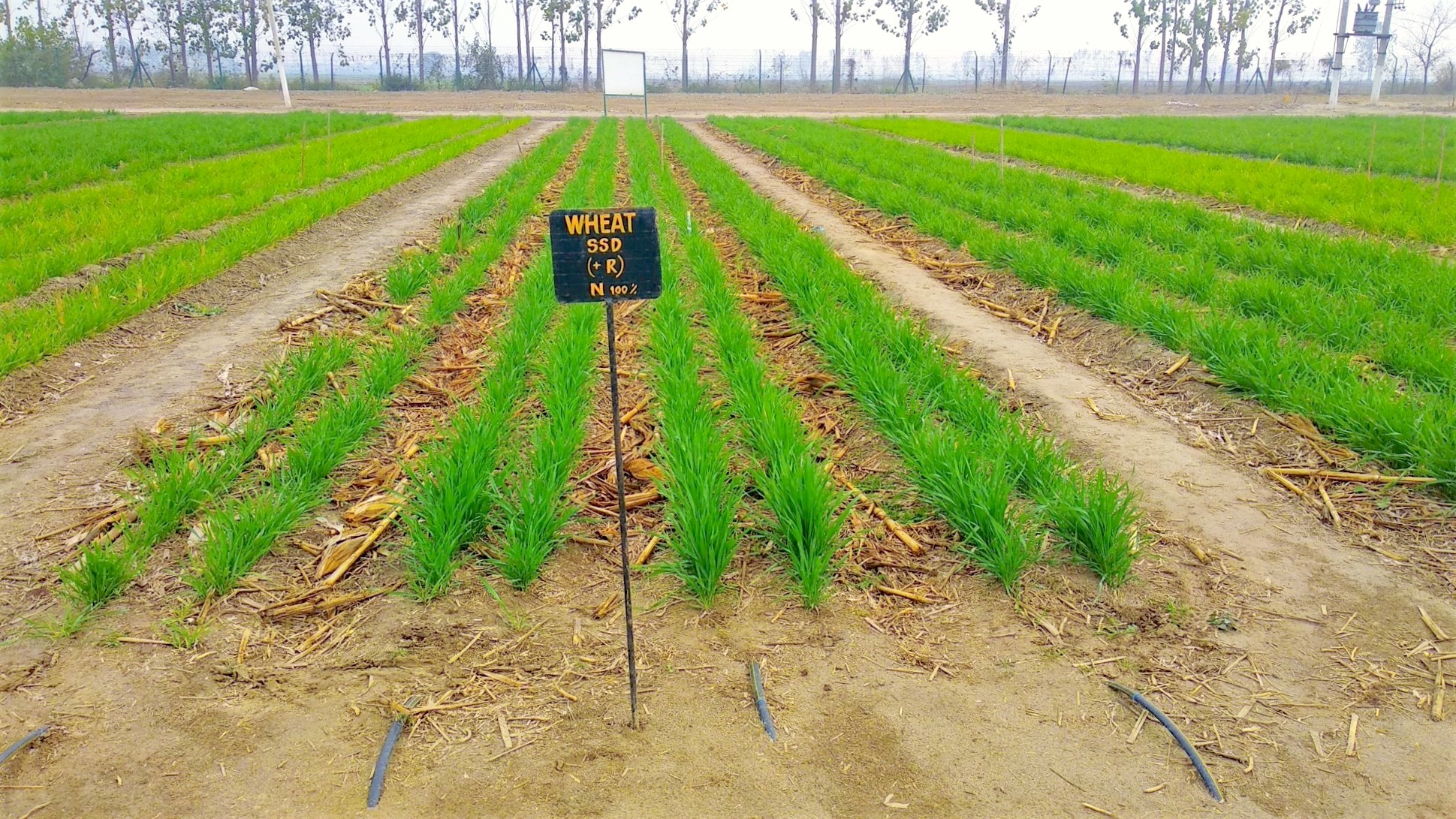CGIAR Research Program on Wheat (WHEAT)
Joining advanced science with field-level research and extension in lower- and middle-income countries, the CGIAR Research Program on Wheat (WHEAT) works with public and private organizations worldwide to raise the productivity, production and affordable availability of wheat for 2.5 billion resource-poor producers and consumers who depend on the crop as a staple food.
WHEAT is led by the International Maize and Wheat Improvement Center (CIMMYT), with the International Center for Agricultural Research in the Dry Areas (ICARDA) as a primary research partner.
Funding for WHEAT comes from CGIAR and national governments, foundations, development banks and other public and private agencies, in particular the Australian Centre for International Agricultural Research (ACIAR), the UK Department for International Development (DFID) and the United States Agency for International Development (USAID).
Happy Seeder can reduce air pollution and greenhouse gas emissions while making profits for farmers
 Innovations
Innovations
The average farmer who uses the Happy Seeder can generate up to 20% more profits than those who burn their fields, according to a new study published in Science.
Warmer night temperatures reduce wheat yields in Mexico, scientists say
 Climate adaptation and mitigation
Climate adaptation and mitigation
International gathering highlights cutting edge efforts to improve yields, nutrition, and climate change resilience of a globally vital staple food.
Alternatives to burning can increase Indian farmers’ profits and cut pollution, new study shows
 Climate adaptation and mitigation
Climate adaptation and mitigation
Published in Science, the article provides evidence for national policies that block stubble burning and promote no-till mechanization to manage crop residues.
CRP Wheat Annual Report 2018
 Nutrition, health and food security
Nutrition, health and food security
WHEAT’s achievements in 2018 made an invaluable contribution to global food security, especially for the 2.5 billion people who depend on wheat for their livelihoods.
New publications: A study of water markets in Bangladesh
 Innovations
Innovations
Researchers analyze irrigation service providers to understand how different business models and pump types affect pricing and water conservation.
Scientist Bekele Abeyo details research in Africa with BBC
 Nutrition, health and food security
Nutrition, health and food security
In an interview for BBC Newsday, Abeyo explained African countries’ potential to boost wheat production, and how CIMMYT is helping.
The new challenges of wheat improvement
 Climate adaptation and mitigation
Climate adaptation and mitigation
In an interview for BBC Newsday, CIMMYT senior scientist Velu Govindan spoke of today’s challenges for wheat breeders.
Int’l Wheat Congress: Bangladesh’s success sung in Saskatoon
 Climate adaptation and mitigation
Climate adaptation and mitigation
Source: Dhaka Tribune (24 Jul 2019)
With CIMMYT support, Bangladesh developed blast resistant wheat in the quickest possible time.
Top scientists from CGIAR to present latest research at International Wheat Congress in Canada
 Innovations
Innovations
More than 800 global experts will gather in Saskatoon to strategize on ways to meet projected nutritional needs of 60% more people by 2050.
Modern wheat breeding benefits high- and low-input farmers, study shows
 Nutrition, health and food security
Nutrition, health and food security
Study results underscore the value of CIMMYT’s breeding programs.
The case for rushing farmer access to BARI Gom 33
 Nutrition, health and food security
Nutrition, health and food security
Researchers urge donor agencies to support the dissemination of new blast-resistant, biofortified wheat in Bangladesh.
Top shelf: Who has access to the healthiest processed foods?
 Nutrition, health and food security
Nutrition, health and food security
As processed food products gain popularity in Mexico City, researchers are keen to understand variation in access to healthier maize- and wheat-based foods across differences in purchasing power.
You can grow wheat, rice with 40% less water-research shows
 Innovations
Innovations
Source: Daily Trust (23 May 2019)
CIMMYT researchers report a sub-surface drip fertigation system combined with conservation agriculture uses less water to produce the same wheat and rice yields.
Mexican Secretary of Agriculture joins new partners and longtime collaborators in Obregon
 Nutrition, health and food security
Nutrition, health and food security
Villalobos recognized the immense work ahead, but was optimistic that young scientists could carry on the legacy of Norman Borlaug.
Innovative irrigation promises “more crop per drop” for India’s water-stressed cereals
 Climate adaptation and mitigation
Climate adaptation and mitigation
A study demonstrates how rice and wheat can be grown using 40 percent less water.
